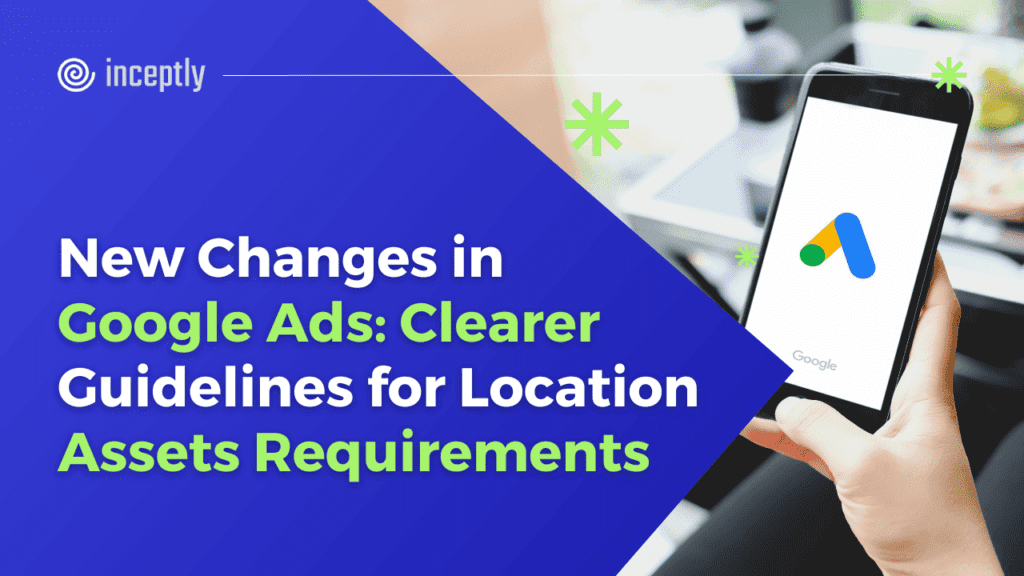
In December, Google Ads will be implementing an update to its Location asset requirements, aiming to provide advertisers with clearer guidelines regarding the types of location assets that are not allowed on the platform. This update is crucial for advertisers as it will help them understand the restrictions more clearly and ensure that their ads comply with the new guidelines.
Location assets play a crucial role in ads as they allow advertisers to showcase essential business information such as addresses and phone numbers. By including these details, advertisers can enhance conversion potential and provide potential customers with the necessary information to engage with their businesses effectively.
However, failure to meet these requirements may result in omitting crucial details, ultimately harming the return on investment for advertisers.
Want to brainstorm with our team on new ways to scale your business with YouTube Ads (and other performance video platforms)?
Join us for a free YouTube ad brainstorming session 👇
Understanding the restrictions
The updated Location asset requirements will specify the types of locations that are not permitted on Google Ads. The following are examples of locations that will not be allowed as Location assets:
- Closed Locations: Advertisers will not be able to use location assets for businesses that are permanently closed or temporarily shut down.
- Unrecognized Locations: Google Ads will not accept location assets for places that are not recognized or verified by Google.
- Mismatched Locations: Advertisers must ensure that the location assets match the business running the ad. Using location assets that do not correspond to the advertised business is not allowed.
- Inaccurate Product/Service Match: Location assets should only be used for businesses that offer products or services that align with the specified location. Assets with mismatched products or services will not be permitted.
Related policies and common disapprovals
The following Google Ads policies are especially relevant to sitelinks and are often associated with disapprovals. Learn about what happens if you violate this policies.
Misleading content
All information should be accurate and descriptive of what you’re advertising.
Unclear relevance
All information should be relevant to what you’re advertising. For example, all submitted ad fields must represent the same advertiser and be relevant to the promoted product.
For sitelinks, this means that link text should clearly and accurately indicate what kind of product, service, or other content is found at the link’s destination.
Trademarks
Google may remove ads or assets in response to trademark owner complaints. Advertisers are responsible for proper trademark use in their ad text, assets, and business information.
To understand the updated Location asset requirements comprehensively, read more details here.
Want more content like this?
Don’t miss out on the latest news and updates from the world of Direct Response advertising! Subscribe to our newsletter today 👇
Want to brainstorm with our team on new ways to scale your business with YouTube Ads (and other performance video platforms)?
Join us for a free YouTube ad brainstorming session:
Like this post? Let's continue the conversation!
Get in touch with us by shooting us a quick email or tagging us on LinkedIn or Instagram, and sharing your thoughts. Your feedback helps us keep our blog relevant and interesting.
Get Our Newsletter
Need Help?
Get in touch with us for an insightful evaluation of your ads + actionable tips to help amp up your direct response revenue



